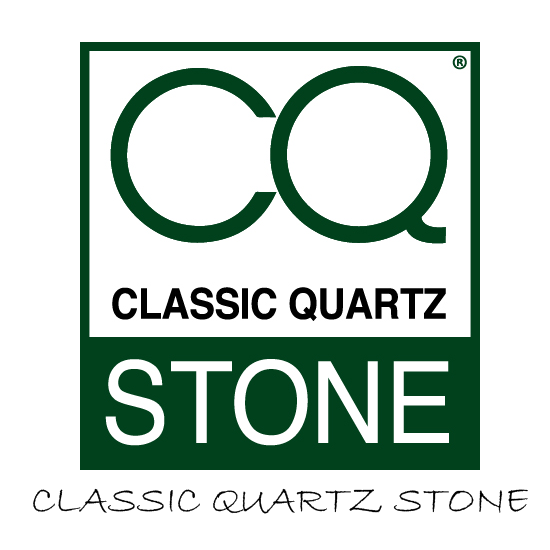Engineered quartz stone for Kitchen Surfaces - Pros & Cons
 Engineered quartz is one of the most popular materials for kitchen surfaces nowadays. It offers a mixture of great performances that are especially important in the kitchen. But as with any other product, quartz also has its cons. Continue reading and find out all about the pros and cons of engineered quartz stone and decide whether it is the right material for your kitchen.
Engineered quartz is one of the most popular materials for kitchen surfaces nowadays. It offers a mixture of great performances that are especially important in the kitchen. But as with any other product, quartz also has its cons. Continue reading and find out all about the pros and cons of engineered quartz stone and decide whether it is the right material for your kitchen.
Pros
Non-porous
Non-porous materials don’t absorb water and liquids. They don’t have microscopic pores in which bacteria, spills and germs can settle. Because of this quartz is one of the most hygienic materials on the market and hence, a perfect surface for meal preparation.
Resistant to staining
Quartz is also resistant to staining because of its non-porous qualities. Even liquids like coffee or wine will not stain your surfaces. You will never have to worry again when preparing spicy sauces not to spill them on your surface, because even if you do, they will be easily removed.
Variety of colours
Quartz, as a manufactured stone made of natural quartz, resins and pigments has a very wide colour palette. It also has a variety of patterns and finishes to choose from. The most common patterns are veined and granulated. Quartz is also available in marble effect and bookmatched- a method when the two connecting surfaces are mirroring each other. With quartz, you will have multiple options to choose from and it covers every buyer’s needs.
Durable and long-lasting
Quartz is one of the hardest stones found in nature. It is ranked number 7 out of 10 on the Mohs scale of hardest minerals, 10 being the diamond. Quartz surfaces will not break when you accidentally drop something on them. Since they are very durable, they will naturally last you a long time. Quartz surfaces will last for decades and they make a good investment.
Easy to clean
Engineered quartz has a sleek surface that makes the cleaning effortless. Cleaning products will just glide on such surface, removing all dirt and grease. The cleaning can be handled with dedicated quartz cleaning products or with just soap and water. Just make some soapsuds and wipe your surfaces with a soft cloth.
- Quartz also doesn’t need sealing, making the maintenance even easier.
Cons
Sensitive to chemicals
Harsh chemicals that contain bleach or ammonia can lessen the bond between quartz and resins. Bleach can even lead to discolouration or fading of the colour. Chemicals that contain those ingredients are not recommended for stones’ cleaning. Instead, just use soap or glass cleaner and you should be fine.
Heavy
Usually, durable materials are very heavy because they have tightly connected molecules and quartz is no exception. Quartz is a heavy stone and it should be installed by trained professionals who know how to handle it.
Quartz has many benefits, but only a few cons, that can be neglected with proper use. It is a great cost-effective option for kitchen surfaces, but also other elements of your home.
Need more information about engineered quartz stone and its characteristics? Please contact us and we will be happy to help you.
